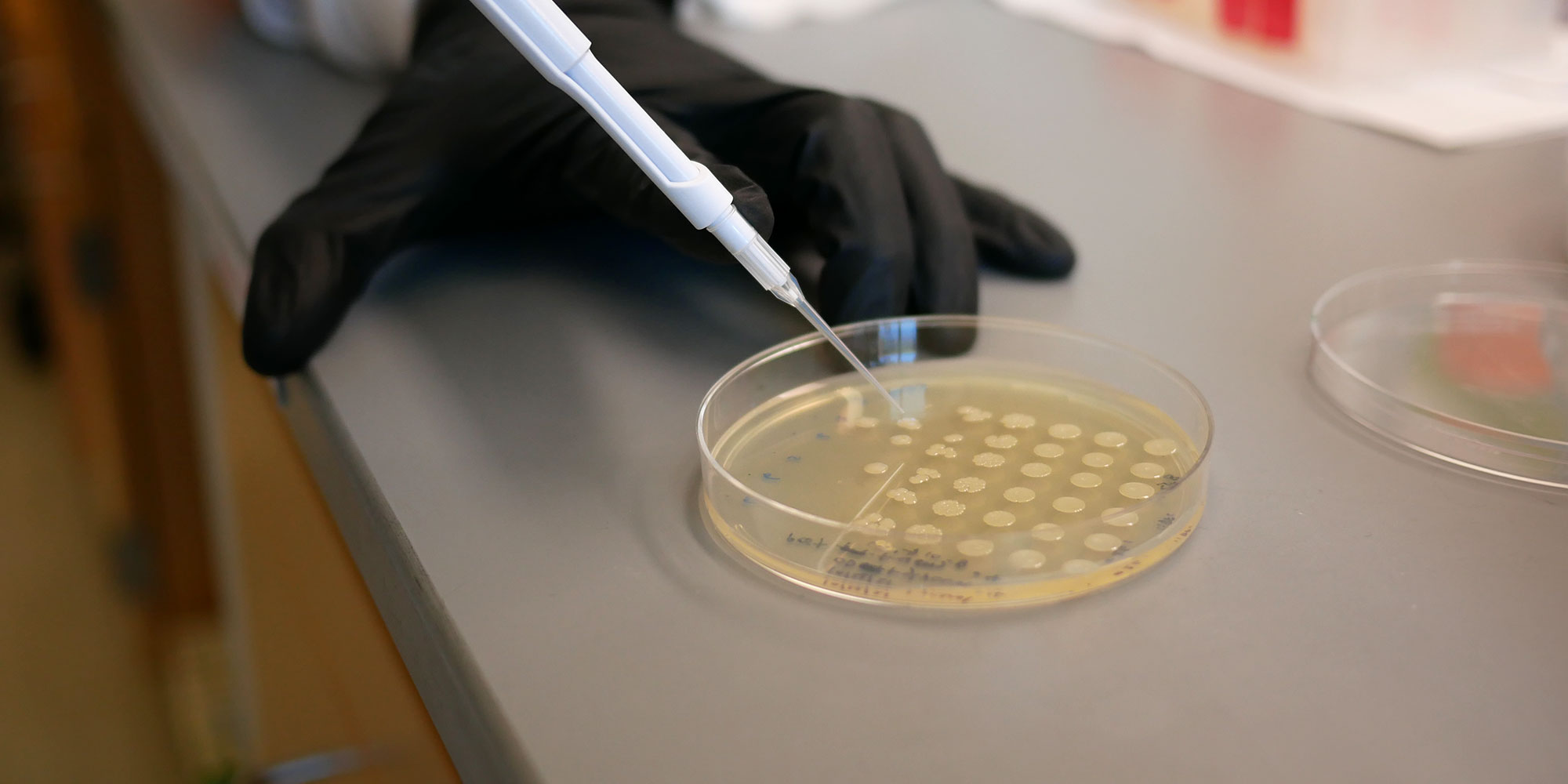What Are You Looking For?
There are trillions of microorganisms in the human body, which coexist with our body cells to form a unique ecosystem - the microbiome. The microbiome is mainly distributed in the intestines, skin, mouth, respiratory tract and other parts, and has a profound impact on our immune system, metabolic function and overall health. In recent years, with the development of science and technology, microbiome research has become a hot topic in the biomedical field, revealing a new world of the relationship between microorganisms and human health. In microbiome research, incubators, as key equipment, play an indispensable role.
Composition and function of the microbiome
Diversity and complexity
The microbiome is composed of thousands of different bacteria, fungi, viruses and other microorganisms. These microorganisms interact with each other and jointly affect our body functions. For example, the intestinal microbiome is rich in diversity. They ferment undigested food residues to produce beneficial substances such as short-chain fatty acids, provide us with energy, and regulate the intestinal environment.

Role in the immune system
The microbiome plays an important role in the development and function of the human immune system. They can stimulate the production of immune cells and help us resist the invasion of pathogens. In addition, intestinal microorganisms can also prevent and reduce the occurrence of immune-related diseases such as allergies and inflammation by regulating the immune system.
Regulation of metabolic function
The intestinal microbiome plays an important role in the absorption of nutrients, the production of metabolites, and the metabolism of energy. For example, some intestinal bacteria can synthesize vitamin K and B vitamins, and can also break down indigestible fiber to produce beneficial metabolites.
The role of biochemical incubator in microbiome research
Provide a stable environment
The incubator can provide a stable temperature, humidity, and gas environment, which is essential for the cultivation and study of microorganisms. Different microorganisms have different requirements for the growth environment, and the incubator can precisely control these conditions to ensure that microorganisms grow in the best state.
Simulate the human body environment
When studying the human microbiome, the mildew incubator can simulate the environmental conditions in the human body, such as the anaerobic environment of the intestine, the temperature and humidity of the skin, etc. This allows researchers to more accurately study the behavior and role of microorganisms in the human body.
Efficient screening and cultivation
The use of incubators has greatly improved the efficiency of microbial screening and cultivation. Researchers can cultivate multiple microorganisms in the incubator at the same time, perform high-throughput screening and analysis, and thus accelerate the research process.
The relationship between microbiome and disease
Obesity and metabolic diseases
Many studies have shown that microbiome disorders may be closely related to metabolic diseases such as obesity and diabetes. Some studies have found that obese people have lower intestinal microbial diversity and significant changes in the proportion of specific bacterial communities. These changes may affect energy intake and storage, leading to weight gain.
Inflammatory bowel disease
The pathogenesis of inflammatory bowel disease (IBD), such as Crohn's disease and ulcerative colitis, is closely related to the intestinal microbiome. Studies have found that the composition of intestinal microorganisms in IBD patients has changed significantly, with an increase in certain harmful bacteria and a decrease in beneficial bacteria. This dysbiosis may promote inflammation and damage to the intestinal mucosa by triggering an immune response.
Neurological diseases
Increasing evidence shows that the intestinal microbiome is associated with neurological diseases such as depression, autism, and Parkinson's disease. The concept of the gut-brain axis proposes that intestinal microorganisms can affect brain function through neural, endocrine, and immune pathways. Regulating the gut microbiome may become a new strategy for treating these diseases in the future.
Frontiers of microbiome research
Personalized medicine
Microbiome research provides new possibilities for personalized medicine. By detecting and analyzing an individual's microbiome, doctors can develop more personalized treatment plans. For example, for intestinal problems, doctors can adjust the diet or use specific probiotics based on the patient's microbiome.
New treatment methods
Methods to regulate the microbiome, such as probiotics, prebiotics, and fecal microbiota transplants, are becoming a new treatment strategy. These methods improve health and treat diseases by restoring and optimizing the balance of the microbiome.
Prevention and health care
The study of the microbiome has also promoted the development of preventive medicine and health care. By maintaining the healthy state of the microbiome, the occurrence of many diseases can be prevented. A reasonable diet, adequate sleep, and moderate exercise are all essential to maintaining the balance of the microbiome.
The microbiome is a complex and mysterious ecosystem in our body, and they are inextricably linked to our health and disease. By deeply studying the microbiome, we can not only reveal the mechanisms of many diseases, but also provide new ideas for prevention and treatment. The incubator laboratory equipment, as a key equipment in microbiome research, provides a stable environment and efficient culture methods, which greatly promotes the development of this field. With the continuous advancement of scientific research and technology, microbiome research will continue to bring revolutionary breakthroughs to human health.